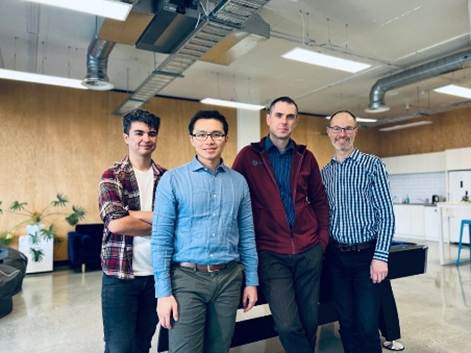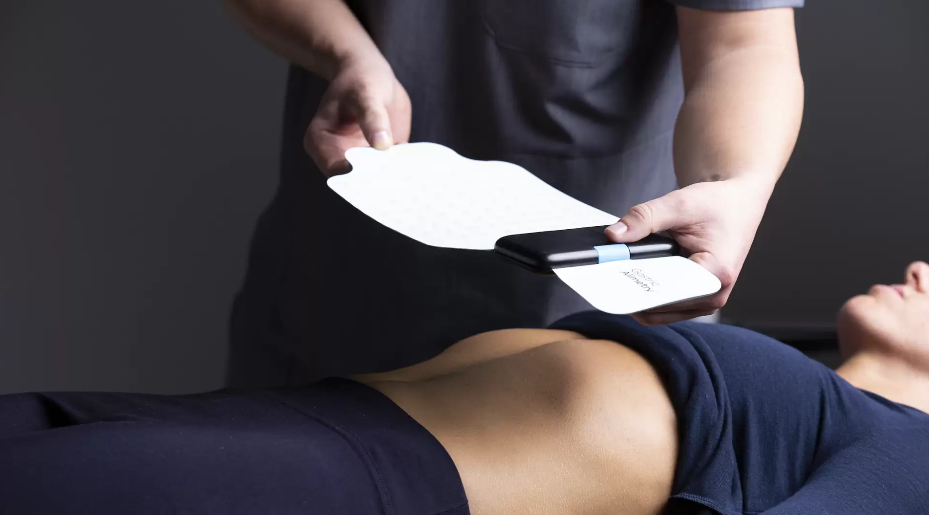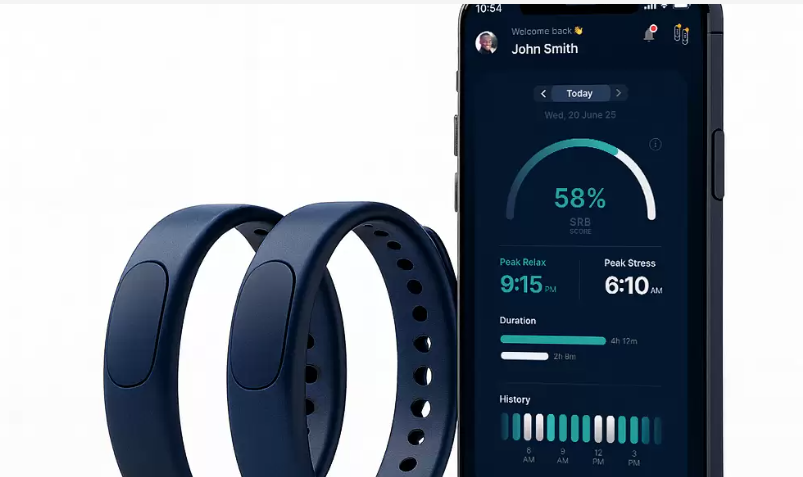AI is transforming healthcare, but how do we manage this rapidly evolving environment?
Psychologist Associate Professor Rosie Dobson is one of those working to support AI research translation into clinical practice through the establishment of the AI in Health Research Network.
The network concept emerged from the AI in Health report from the Prime Minister’s Chief Science Advisor in October 2023 which discussed the challenges, opportunities and safeguards around the use of AI in our healthcare system.
“The network is designed to enable experts to collaborate and to help to streamline the pathway from concept to translation into health services for the benefit of New Zealanders,” says Dr Dobson.
The concept has garnered support from stakeholders across the sector, including key academics from across New Zealand universities and Health New Zealand | Te Whatu Ora.
Dr Dobson chairs the network’s Establishment Steering Group, which includes a transdisciplinary group of leaders from across the sector. The network is also supported by Medtech-iQ Aotearoa with the goal of enabling world-leading research to improve patient outcomes.
“My interest in the digital world began during my clinical work as a health psychologist which highlighted the inequities in access to psychology services. I began researching how digital tools could make health services more accessible,” says Dr Dobson.
Today, she is the AI Health Research Lead for the Faculty of Medical and Health Sciences (FMHS) at the University of Auckland, a member of the National AI and Algorithm Expert Advisory Group for Te Whatu Ora, and leads research into consumer perspectives of AI in health.
“AI is a moving landscape. AI research needs to consider areas such as ethics, privacy, and equity, not just the technical side. Furthermore, we need to ensure that clinicians using AI can do so appropriately and safely.
She says introducing more AI safely in healthcare must start with the people. “We need to enable AI while also preparing the workforce and patients for this new environment where AI has the potential to help from triage through to virtual care, from reducing the admin load on clinicians through to diagnosis.”
She believes the successful introduction of AI will rely on trust. “We must ensure that the integration of AI doesn’t harm peoples trust in the health system and health professionals, that they see its value and can move with us. Trust is a huge part of bringing AI into practice.” Dr Dobson believes that to help realise AI’s potential for New Zealand, AI tools need to ideally be developed and/or tested with an understanding of the New Zealand context and using our own data – and that will require a social license.
Looking to the future, Dr Dobson hopes there will be more research into AI here in Aotearoa, particularly transdisciplinary research in collaboration with health services and health professionals. The Network will support and enable researchers to not only be world leaders in AI research but for theirresearch to have a real difference for the lives of New Zealanders.
See more about the AI in Health Research Network on their website.



